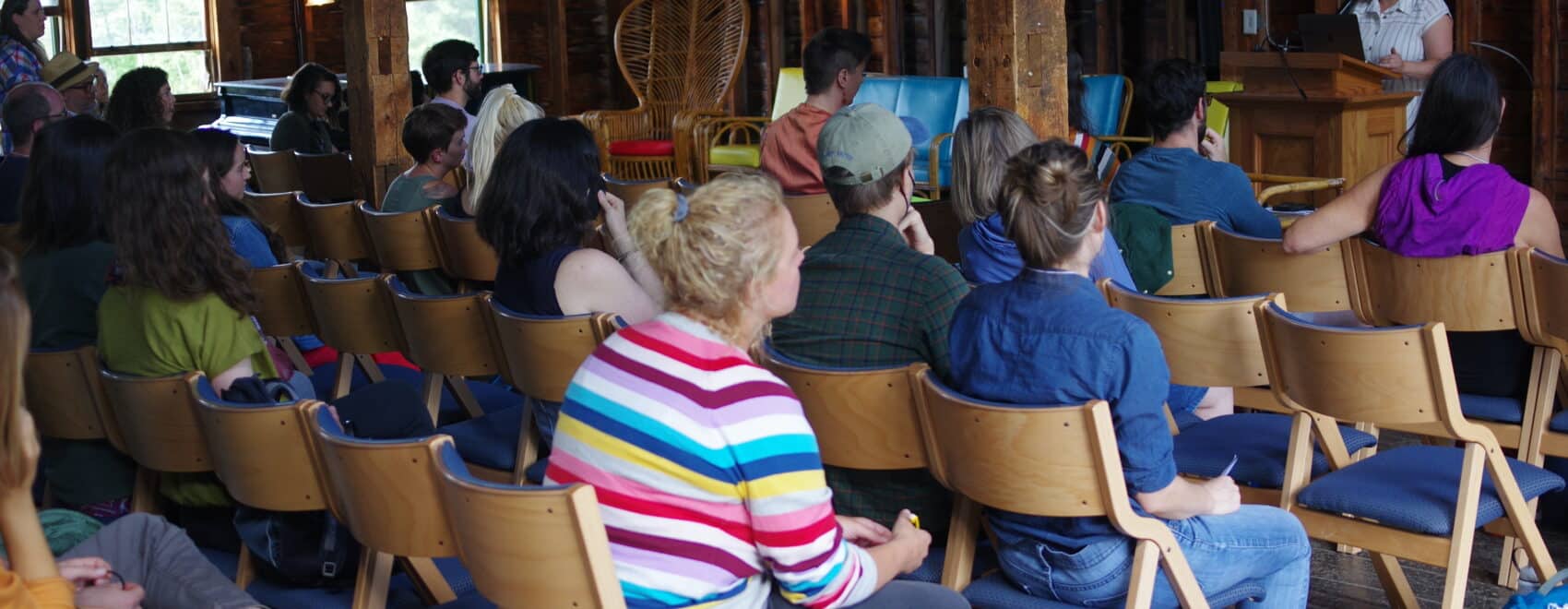When you’re writing personal narrative of any kind, you become the de facto hero of your story. What you’re writing about happened to you. You survived it. You overcame it.
And now you’re writing about it.
As the how-to books will tell you, and as I will tell you, you’re the main character of your own story. You’re the hero. And probably you did do something heroic, something worth celebrating. You went on a hero’s journey and you made it home.
(I use the word “hero” here in a non-gendered way.)
When you get past all the viper-pits of shame and the judo-holds of imposter syndrome and the miasmas of despair, your work takes shape. Alas, you begin to think of yourself as a hero.
You find a publisher and then the heroism gets exceptionally potent, because the job of the publisher is to push the fact that you are a hero, so that your books will sell.
I want to tell you this. The writer is not the hero of the work.
Who is the Hero?
Your reader is the hero.
Your reader is the one who is showing up, looking for glittering jewels that will change their fortunes, and also looking for treasures to carry back to their community. The reader does the hard work of opening the mind and reading. The reader is the person who transforms.
Not you.
Levitate a Room
Once I was in residence at the glorious Vermont Studio Center. One evening a well-known poet came to speak. I happened to sit next to a witchy writer.
After the reading, as we left the theater, the witchy writer said to me. “He is not a poet.”
“What?” I asked. A big full orange moon was lighting up the clocktower on the town square.
“Those poems were all me poems. ‘Look at me.’ Those were not we poems. Poetry is about we. A poet should levitate a room.”
Years later I remember her words almost exactly.
Remember mine. The writer is not the hero.
“Me” Culture
Social media cultivates a “me” culture: look at me, watch me, listen to me, pay me. New York publishing creates a “me” industry: look at this new superstar or look at this old superstar. Whoever’s work is selling is the hero, and the way to make sales is hype. If enough money gets thrown at promotion, people will forget that a book, for all practical purposes, is unreadable.
(Don’t get me started listing the best-selling, award-winning, and absolutely unreadable books.)
I’m saying this loud and clear. I want you to remember where you heard it. Remember that Janisse Ray told you.
You are not the hero of your work. Your reader is. You may be a hero, but you are nothing without a reader, and the reader has to see themselves in your work. They have to see themselves as the main character.
You are an alchemist, a spell-binder, but not a hero.
What Zinn Said
One of my heroes is Howard Zinn, late professor of political science at Boston University, where he taught Alice Walker, and author of the truth-telling A People’s History of the United States. In an essay that became a small book, Artists in Times of War, Zinn wrote,
By transcendent, I mean that the artist transcends the immediate. Transcends the here and now. Transcends the madness of the world. Transcends terrorism and war.
How Do As as Artists Transcend?
We can recognize that our work is transcending the “I.” We can ground local stories within the larger context of the common story. We can dare offer a reflection or a vision. We can let our own hearts open to the other. Then our job as writer becomes one of reading our own hearts and turning them into story, remembering always that the writer is not the hero–the reader is–and how lucky we are to get to do this powerful work.

Leave a Reply